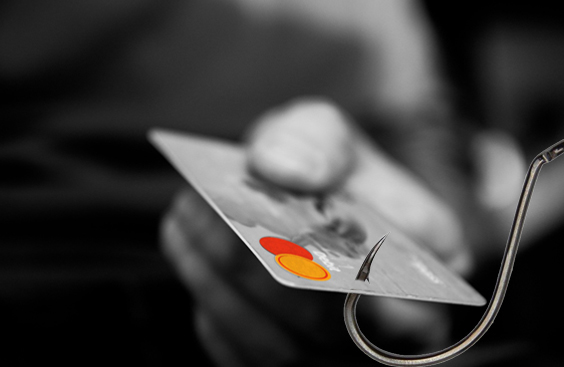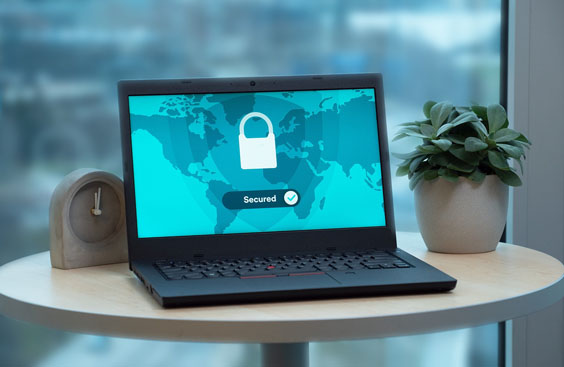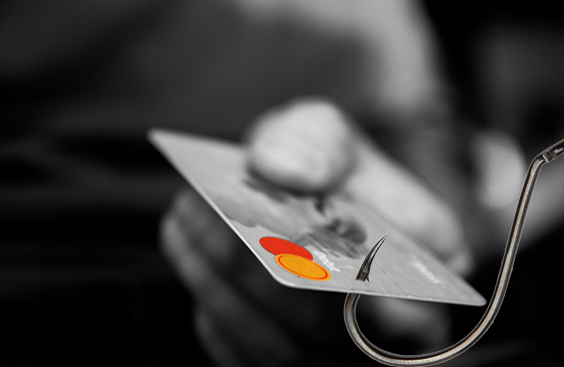Online Scams: A Mini Guide to Recovering Money

Online scams are still one of the most widespread crimes in the world of the web.
In fact, it has become increasingly easy to fall victim to online scams thanks to increasingly sophisticated deception techniques spread through both counterfeit sites and e-mail scams.
Very often people fall for these scams out of simple distraction, so even with due care and verification, you may have missed something.
So if you clicked on this article, you probably also found yourself the victim of one of the thousands of online scams on the web.
At this point, the question that arises is:
“But is there any way to recover the money that has fallen into the hands of the scammers?”
The answer to this question is not clear-cut; it depends on the type of scam you have fallen victim to.
It depends on the type of scam you have fallen victim to. That is why in this mini-guide we at Made will show you the most effective ways to recover your money depending on the type of scam you have fallen victim to.
What to do when you realise you have been scammed
The first thing to do to make sure that you have really fallen for an online scam is to contact the provider who handled the payment.
There are in fact some payment platforms, such as Paypal, that protect the buyer in case a scam is reported to them.
Contacting the chosen platform and inquiring about the payment that has been made does not provide a direct legal consequence for the fraudster.
Therefore, it may be useful as a first action to take even if:
1. You have a doubt about an item that you purchased and that did not arrive on time;
2. After payment you realise that you have not received an invoice/confirmation;
3. Something is wrong with the site or contacts.
If the contacted company assures you that unfortunately you have been the victim of a scam, then it is time to take action.
Online Scams: Is Reporting to the Postal Police Really Helpful?
Surely the moment you realise that you have been the victim of an online scam, making a report to the postal police is the first thing that comes to mind.
But unfortunately, trying to recover your money simply by making a single report to the postal police is almost impossible.
Online Scams: How to Recover Money
In order to really have a chance of recovering your money, it is essential, as we suggested above, to identify the type of scam you have been subjected to.
If the scammer got hold of your personal data or your credit card without your consent to purchase, that’s one thing.
If, on the other hand, you trusted a scam site and thus authorised the payment yourself, then the recovery situation changes radically.
Let us therefore see together what steps you will have to take, in both cases, to try to recover your money.
Online Scams: Unauthorised Expenses
If, as mentioned before, the charges that were made or the money that was embezzled was not authorised by you, then you have a better chance of recovering the money.

To make this happen, it is very important that you are aware of certain legal clauses that you can appeal to in order to try to get money back into your account.
It is essential to know that in every contract signed between you and your bank there is a fundamental clause that regulates precisely such cases.
The latter provides for the possibility for the bank or the institution managing the credit/debit card to automatically block your card in case of need.
The needs may be various, but usually the blocking occurs if you suspect that someone is fraudulently using your money.
This alarm bell generally goes off when the bank registers one or more charges with unusual amounts compared to normal.
In such cases, the bank is, where possible, obliged to inform you of its intention to block your card.
If, on the other hand, you are the first to become aware of illegal movements or of having been the victim of online fraud, it is your responsibility to inform the bank of situations such as theft, loss, embezzlement or unauthorised charges.
By doing so, you can promptly block subsequent or otherwise unauthorised debit transactions.
Thus, in the event that the charges made during the scam were not authorised by you, the bank will have to prove that it was instead the customer who authenticated the transaction or that you did not take the necessary precautions to avoid online scams.
An example of not taking precautions is lending your card to someone or not properly guarding your home banking credentials.
If the bank cannot prove that the customer was at fault, it is obliged to refund the full amount of the unauthorised transaction.
Normally, however, reimbursement in such cases only takes place if the amount of the scam exceeds EUR 50.

Authorised Charges on a Scam Site
How to recover money if you yourself authorised the payment?
In contrast to the first case, if during the purchase you authorised your payments by trusting a scam site, believing it to be
a real e-commerce, bank or courier site, the situation is more complicated than expected.
The first action to take is to make a complaint directly to the police.
It is necessary to act as quickly as possible and to recount everything that happened with attached proof of payments, receipts or false addresses, in short, anything that may be useful to the investigation.
The complaint can be filed not only with the nearest law enforcement agency, but also directly with the Public Prosecutor’s Office at the competent court.
In the event that the fraudster is tracked down, he will be obliged to return the money received from the scam and pay compensation for any further damage.
Conclusions
Ultimately, to recover money lost due to online scams, there are a few steps you can follow:
1) Immediately contact your bank or credit card company to report the scam and request a refund;
2) Report the scam to the appropriate authorities, such as the local police or postal police;
3) Try to obtain information about the scam and the identity of the scammer, including IP addresses, email addresses and phone numbers, to help the authorities investigate;
4) Make a complaint to the e-commerce platform or website used to make the purchase;
5) Keep a record of all communications and documents related to the scam, including emails, text messages and payment receipts, to help the authorities investigate and recover your money.
What we at Made recommend is to engage the services of an experienced online scam lawyer.
Furthermore, it is important to remember that anyone can fall into the thick web of online scams.
It is therefore crucial to be aware of anything that could be a red flag and that could prevent you from falling for it again and again.
At Made for this we always make ourselves available to train you, your employees or even ‘just’ your family members.


